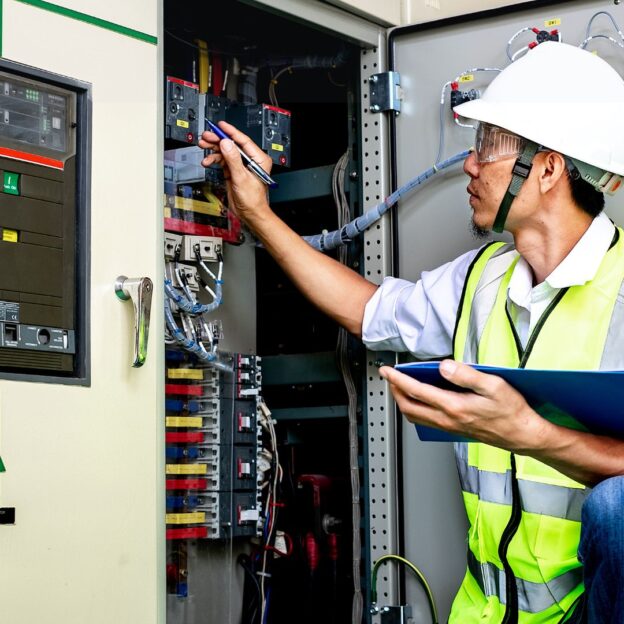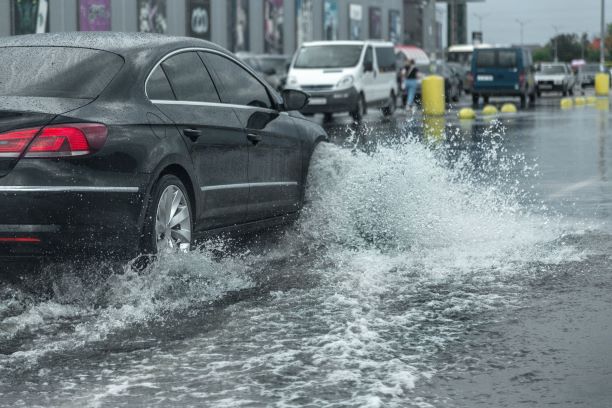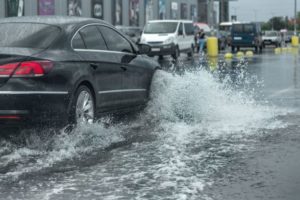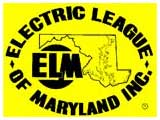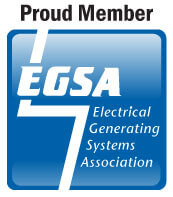As the summer approaches, so does the potential for severe weather, especially hurricanes. The Atlantic hurricane season runs from June 1 to November 30, bringing with it the risk of strong winds, heavy rainfall, and flooding. These conditions can pose significant threats to your home’s electrical system, making it crucial to ensure everything is in top shape before the storms hit. Here’s why scheduling a professional electrical inspection before hurricane season is essential.
1. Identifying Vulnerabilities
A thorough electrical inspection can reveal potential vulnerabilities in your system that might not be apparent to the untrained eye. Loose connections, outdated wiring, and faulty components can become major hazards during a hurricane. Identifying and addressing these issues beforehand can prevent electrical fires, power outages, and other dangerous situations when the storm arrives.
2. Ensuring Backup Power Systems are Ready
Many homeowners rely on generators for backup power during hurricanes. An electrical inspection can verify that your generator is correctly installed and in good working condition. This includes checking the transfer switch, fuel supply, and overall functionality to ensure it will perform when you need it most.
3. Preventing Power Surges
Hurricanes often cause power surges that can damage appliances and electronics. An electrician can install or inspect surge protectors to shield your valuable equipment from sudden voltage spikes. This preventative measure can save you from costly replacements and repairs after a storm.
4. Checking Grounding and Bonding
Proper grounding and bonding are critical for electrical safety, especially during a storm. An inspection will ensure that your home’s electrical system is properly grounded, reducing the risk of electric shock and enhancing the overall stability of your electrical system during adverse conditions.
5. Safeguarding Against Flooding
Hurricanes can bring heavy rains and flooding, which can severely impact your electrical system. An inspection can identify areas at risk of water intrusion and recommend solutions, such as elevating electrical panels, outlets, and wiring above potential flood levels. Additionally, installing ground fault circuit interrupters (GFCIs) can protect against electric shock in wet areas.
6. Peace of Mind
Perhaps most importantly, a professional electrical inspection provides peace of mind. Knowing that your home’s electrical system is prepared for hurricane season allows you to focus on other aspects of storm preparation and ensures the safety of your family.
As hurricane season approaches, don’t leave the safety and reliability of your home’s electrical system to chance. Scheduling a professional electrical inspection can identify potential hazards, ensure your backup power systems are ready, prevent damage from power surges, and safeguard against flooding. Taking these proactive steps not only protects your property but also provides invaluable peace of mind as you face the uncertainties of hurricane season.
